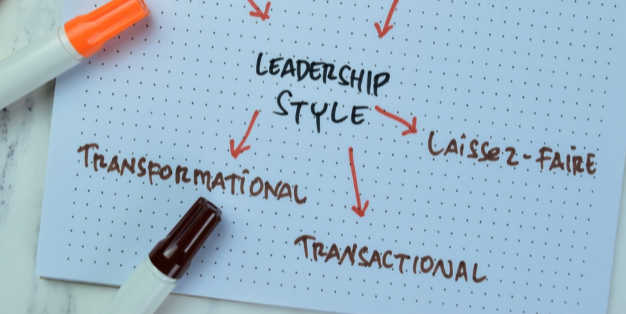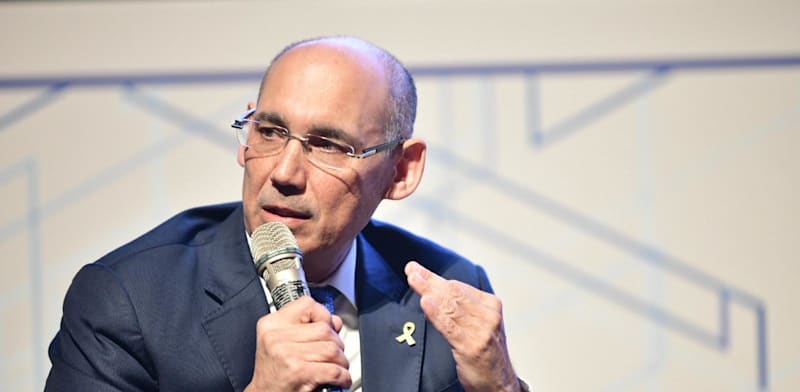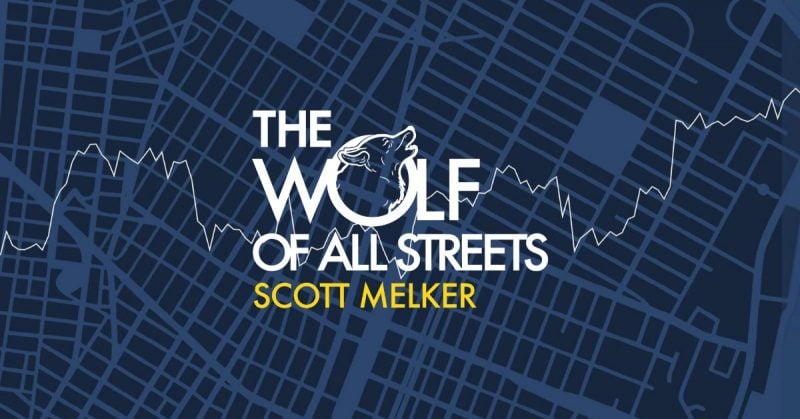Prostock-studio/Shutterstock
Many people are drawn to academia by the promise of relative autonomy and freedom. It’s not, of course, total autonomy, but unlike most professional workers, professors do not have to fill out timecards or report vacation hours. They don’t have bosses peering over their shoulders. Summer can offer unstructured bliss, at least for those who can afford it and those without administrative duties. Such environments, however, compel people to develop idiosyncratic structures and rules for working, so that they can meet their research and teaching and service objectives in a timely and sustainable way. As I’ve seen repeatedly in my coaching sessions with faculty and academic leaders, there are all sorts of ways one’s self-management process can swing towards over-correction, especially when the inner taskmaster shows up.
What or who is the inner taskmaster? The inner taskmaster shows up every time an already brilliant and accomplished faculty member seeks out coaching from me because they want to become “more productive.” It looms over the shoulders of graduate students and faculty when they feel guilty for not spending eight hours a day (or more) doing tasks that require deep concentration like writing or computation. It hangs out with the senior administrator who leaves the office a little early for a sorely needed gym session, who then feels compelled to send late-evening (nonurgent) emails to “make up” for “not working enough” that day.
The inner taskmaster, or the micromanaging boss in your head, delights in judgement and surveillance of you and your work. It’s really good at making you feel guilty, and for pushing you to do crappy work — that is, whatever gets done when you’re too exhausted and unmotivated to do your best. The inner taskmaster may be useful in times of emergencies (urgent grant deadline, having to cover for a sick colleague), but most of the time, it generates needless shame and suffering for high-achieving people. Only an inner taskmaster can cause a neuroscientist with tenure and a stellar publication record to fear being exposed as a fraud — that is, as somebody who’s really just a lazy slob.
What else might that neuroscientist be capable of, if they could pass their days untroubled by self-flagellation and guilt?
Like Frankenstein’s creature, the inner taskmaster has multiple, sinister points of origin. This includes an economy that pays most people by the hour and demands accounting for each hour. It’s about academic cultures of performative work. It’s also about compensation, tenure, and promotion systems that rely on assessments based on discrete units of measurement. That system isn’t likely to go away, so how can we prevent academics — what management guru Peter Drucker would refer to as “modern knowledge workers”– from thinking about their own value as if they’re standing at an assembly line screwing the caps on so many jelly jars? If your value to the workplace and to society isn’t about contributing “more,” what might it be about instead?
Most academics I know long to make a meaningful impact — on their disciplines, their institutions, and the world beyond. Thinking about your value in terms of hours and deliverables stands in direct opposition to that objective, because it can lead you to work more than you need (or should), spin your wheels on tasks that are of relatively low importance to you (or others), and compromise your performance in all areas because you’re burnt out and frustrated. Making an impact — whether it’s on a team, an organization, a community, or simply yourself — requires strong leadership.
How, then, can you break up with your inner taskmaster, so that you can begin leading rather than managing yourself and your work?
Know your taskmaster.
When does your taskmaster show up? Whenever you find yourself counting the jelly jars and feeling guilt over it — especially when you’re already going above and beyond on the job–that’s your taskmaster speaking. What does it look like? What will you say back to it? Thanks to my 13 years of Catholic schooling, my taskmaster shows up as a stern nun holding a ruler. She’s easier to spot that way, and I also immediately know that she’s not my friend. Putting this taskmaster in its place also means you that need to acknowledge any dependence you have on it. Some academics attribute their success to the taskmaster, and fear that they will flounder without it.
Know your body.
If you are Hungry, Angry, Lonely, or Tired (H.A.L.T.), you will not do your best work, and you should absolutely refrain from tasks that are high-stakes, delicate, or complex. At these times, it might make sense to switch to less demanding tasks. Or even better, perhaps it’s time for some cheese, a brief nap, a phone call to your spouse, or a walk outside. Once (if) you return to work, continued body awareness sends you important information about what you can handle — are you sitting upright, or are you slumping? Is your chest tight and your breathing shallow, or are you breathing from your gut? Is the office setting comfortable, or do you need more natural light or a sweater?
Finally, know your core values.
True leaders are not driven by performance goals or productivity targets, but by mission and values. People feel happiest and most fulfilled when their day-to-day activities are aligned with what they most care about. It you do not have clarity about your own values (and many people, when pressed, have trouble naming them on the spot), then of course work will fill every minute you’ve got, because you already understand that work is important. What else is important to you? If you decide, for example, that family, relationships, health, and creativity are core values for you, would a third party who looked at your weekly calendar be able to figure that out? If you can better align your time and energy with your values, you’ll spend less time working and (paradoxically) your work time may feel more pleasant and productive than ever.
Taming the inner taskmaster — a small if significant mindset shift — won’t magically solve all your time management challenges. Overachievers are typically immersed in cultures of overwork, and that points to structural problems that are trickier to fix. But cultivating self-awareness may, at this moment, be the most powerful and effective thing you can do. It’s about not simply working less, playing more, or embracing the latest time-management hack. The deepest, most sustainable form of work-life integration requires self-leadership. It’s about knowing who you are, what you care about, and what kind of impact you want to have on the world.




























